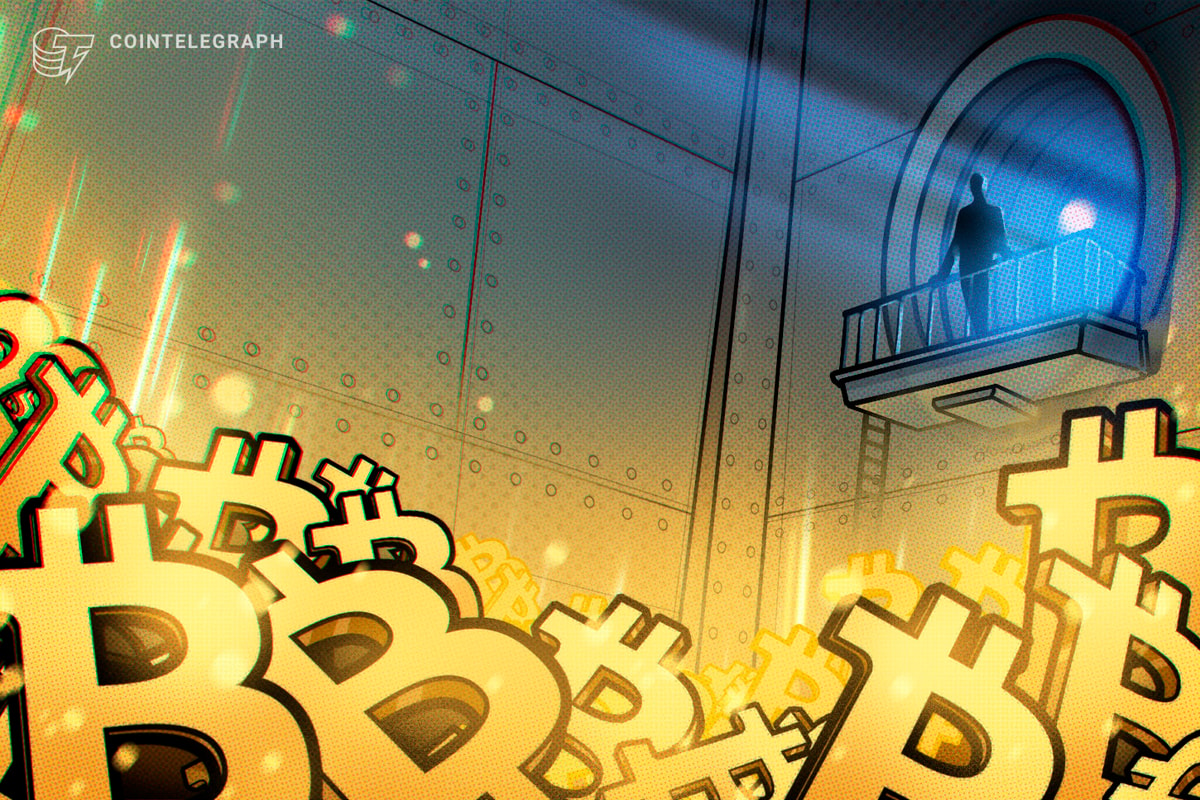As more governments explore Bitcoin as a strategic reserve asset, some in the crypto community question whether this aligns with its original purpose.
Whether or not Bitcoin (BTC) creator Satoshi Nakamoto thought of BTC as a state reserve asset, its nation-state adoption is ultimately inevitable, according to several industry executives.
“If Bitcoin was to ever become valuable, then it was inevitable that nation-states and institutions would want to have it,” Jan3 CEO and nation-state Bitcoin adoption advocate Samson Mow told Cointelegraph.
“In this sense, Bitcoin is no different than gold or any form of money that grew in adoption organically,” Mow added. He suggested that based on Nakamoto’s writings, the anonymous creator likely would have agreed.
Bitcoin was not created as a store of value
As originally described in the white paper by Nakamoto, Bitcoin was created to serve as a “purely peer-to-peer version of electronic cash” that would enable online payments to be sent directly without going through a financial institution.
Since the first BTC transaction in 2009, Bitcoin has evolved beyond a simple payment system. It is now widely viewed as “digital gold” and a store of value.
Bitcoin white paper. Source: Bitcoin.org
Even US Federal Reserve Chair Jerome Powell has described Bitcoin as a direct competitor to gold rather than a threat to the US dollar.
As Bitcoin’s status as digital gold solidifies, governments and corporations have begun accumulating BTC as part of their strategic reserves.
“Although I don’t think Satoshi really had nation-state adoption in mind when he wrote the white paper, I do believe that strategic stockpiling by any person or entity is very much in line with his original vision,” Quantum Economics founder Mati Greenspan told Cointelegraph.
“Ultimately, what Satoshi intended is irrelevant. He’s not around anymore, and it’s up to us, the community, to carry the mantle of Bitcoin’s future role in society,” he added.
Why do skeptics dislike the idea of state Bitcoin reserves?
Some prominent industry figures like BitMEX co-founder Arthur Hayes have warned that government accumulation of Bitcoin may contribute to inflation and could potentially be used as a political tool.
Others fear the growing centralization of large Bitcoin holders and the possibility of market manipulation.
Source: Arthur Hayes
“There are some Bitcoiners that do get upset at the notion of governments having Bitcoin, but it’s important to understand that governments having possession of Bitcoin does not give them any control over the Bitcoin protocol,” Mow told Cointelegraph, adding:
“I view it only as a positive development that governments hold Bitcoin and must become familiar with the Bitcoin ethos.”
According to Mow, the only concern that individual holders should have is that governments that seek to acquire large amounts of Bitcoin will make it harder for them to buy BTC for themselves.
Not centralization, but growing reliability
“As Bitcoin gains recognition as a store of value, its integration into national reserves by some states and institutions is becoming an emerging trend,” Trezor’s Bitcoin analyst Lucien Bourdon told Cointelegraph. He added:
“Rather than centralization, this reflects Bitcoin’s growing role as a reliable asset in an evolving financial system. This does not contradict its mission; rather, it affirms its value as a scarce, bearer asset with robust monetary properties.”
According to Bourdon, Bitcoin must be valuable to all participants — individuals, institutions and states — while ensuring that no entity can exert unilateral control over its network.
Bitcoin as an inflation driver?
Some skeptics like Rafi Farber have suggested that Bitcoin buying contributes to rising inflation, highlighting BTC’s close ties with Tether’s USDt (USDT) stablecoin.
“I’m not sure that a nation-state holding Bitcoin would directly stimulate the price of their T-bills,” Mow said, expressing doubts over whether Bitcoin could drive demand for an adopting nation.
“A more direct relationship would be stablecoin growth driving demand for T-bills, and I have heard theories that this spreads dollar dominance and entrenches the power of the state,” he said, adding:
“That theory doesn’t really concern me, though, because fiat money’s days are numbered. Bitcoin is a superior asset and will consume all demand for fiat currencies — increased or decreased demand for T-bills doesn’t really change where things are going.”
Magazine: Is XRP on its way to $3.20? SEC drops Coinbase lawsuit, and more: Hodler’s Digest, Feb. 16 – 22









